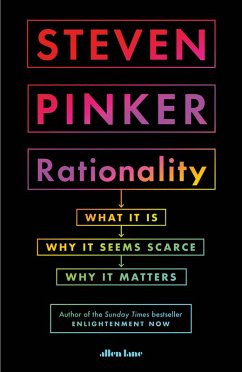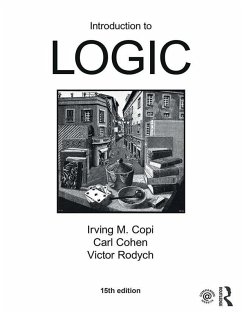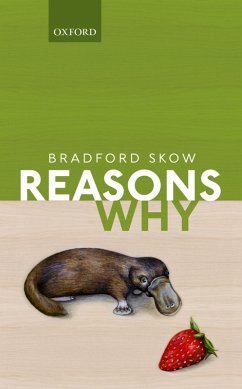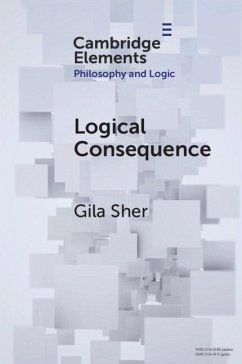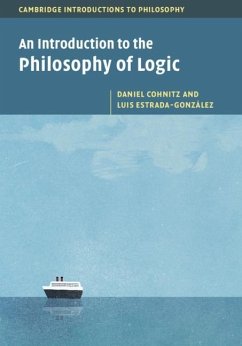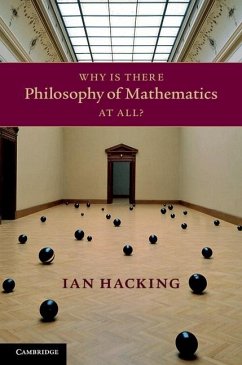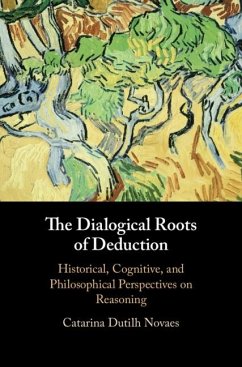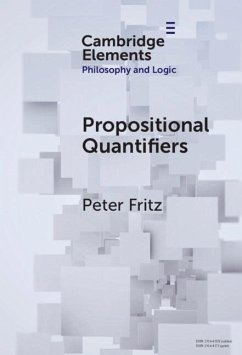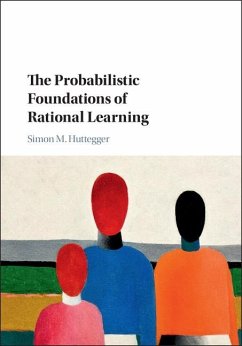
Ambivalences of Rationality (eBook, ePUB)
Ancient and Modern Cross-Cultural Explorations
Versandkostenfrei!
Sofort per Download lieferbar
27,95 €
inkl. MwSt.
Weitere Ausgaben:

PAYBACK Punkte
14 °P sammeln!
Is rationality a well-defined human universal such that ideas and behaviour can everywhere be judged by a single set of criteria? Or are the rational and the irrational simply cultural constructs? This study provides an alternative to both options. The universalist thesis underestimates the variety found in sound human reasonings exemplified across time and space and often displays a marked Eurocentric bias. The extreme relativist faces the danger of concluding that we are all locked into mutually unintelligible universes. These problems are worse when certain concepts, often inherited from an...
Is rationality a well-defined human universal such that ideas and behaviour can everywhere be judged by a single set of criteria? Or are the rational and the irrational simply cultural constructs? This study provides an alternative to both options. The universalist thesis underestimates the variety found in sound human reasonings exemplified across time and space and often displays a marked Eurocentric bias. The extreme relativist faces the danger of concluding that we are all locked into mutually unintelligible universes. These problems are worse when certain concepts, often inherited from ancient Greek thought, especially binaries such as nature and culture, or the literal and the metaphorical, are not examined critically. Drawing on a variety of disciplines, from philosophy to cognitive science, this book explores what both ancient societies (Greece and China especially) and modern ones (as revealed by ethnography) can teach us concerning the heterogeneity of what can be called rational.
Dieser Download kann aus rechtlichen Gründen nur mit Rechnungsadresse in A, B, BG, CY, CZ, D, DK, EW, E, FIN, F, GR, HR, H, IRL, I, LT, L, LR, M, NL, PL, P, R, S, SLO, SK ausgeliefert werden.




